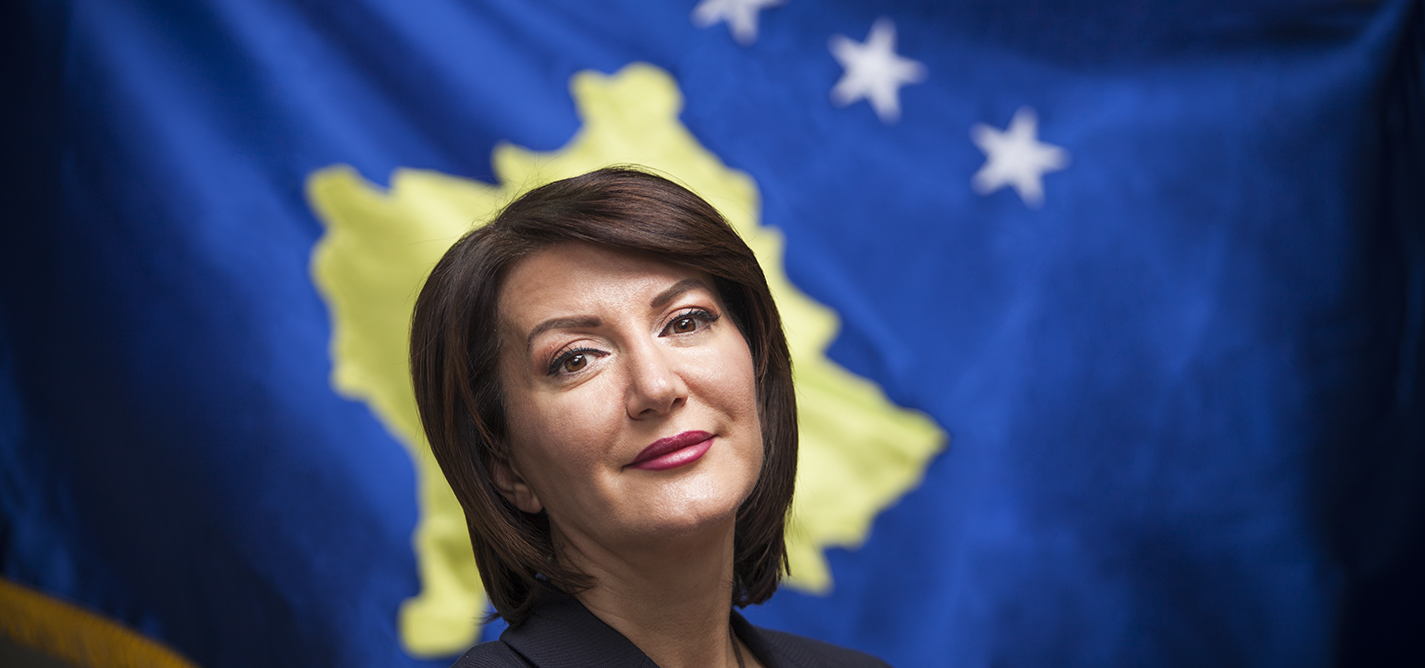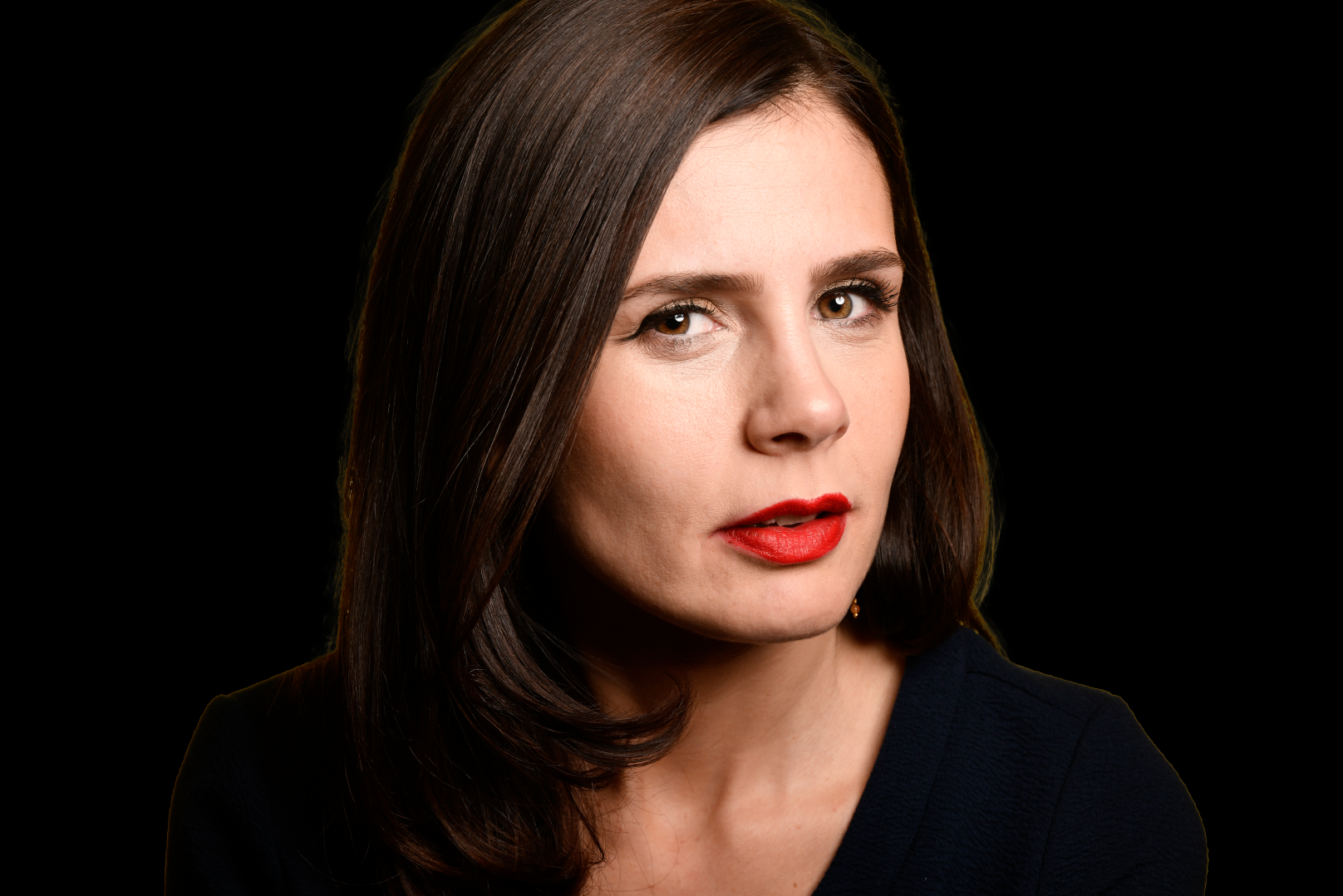
Atifete Jahjaga: All the activism that was synchronized from one side of the globe to the other shows that enough is enough — the time has come to act
The first woman president of Kosovo speaks about the importance of women’s participation and challenging the patriarchal mindset in politics, as well as her cause for survivors of wartime sexual violence.
"All this activism shows that enough is enough — the time has come to act."
"At the time they couldn’t wait to take me to the Constitutional Court at every opportunity for potential constitutional violations, so that they could find the only legal and constitutional gap to act."
"Since Kosovo is not a part of the UN, it is yet to be recognized internationally that rape was used as a weapon of war in Kosovo. This was and continues to be my battle."
"Women in the private sector often come to my office and say: 'I don’t dare say that I’m pregnant because I’ll immediately lose my job and won’t even be considered for interviews for certain job positions.'"

Dafina Halili
Dafina Halili is a senior journalist at K2.0, covering mainly human rights and social justice issues. Dafina has a master’s degree in diversity and the media from the University of Westminster in London, U.K..
This story was originally written in Albanian.